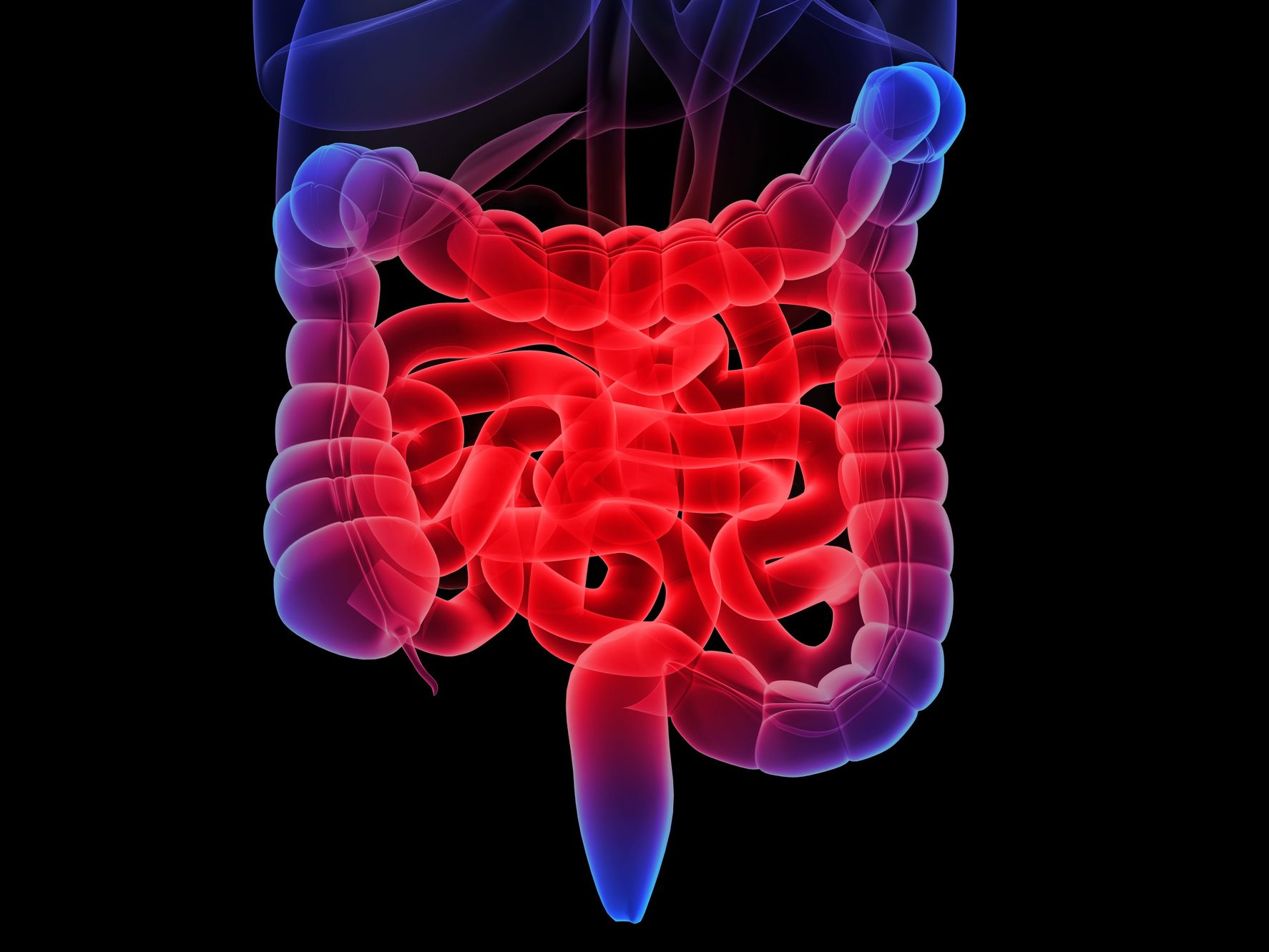Mount Elizabeth Novena Hospital #10-48/49
IRRITABLE BOWEL SYNDROME
WHAT ARE THE SYMPTOMS OF IBS?
- Abdominal cramps.
- Irregular bowel habit; Patients can suffer from constipation or even diarrhea.
- Urgency; the feeling of urgently needing to clear the bowels.
- Abdominal bloating and excessive wind; Tummy feels swollen making clothes feel tight.
*BLEEDING is not a symptom of IBS and you should see your doctor as soon as possible if this happens.
WHAT CAUSES IBS?
The underlying cause of IBS is due to abnormal contractions of the intestinal muscles. Forming the outer layer of the intestines, these muscles move food products from the rectum to the anus through peristalsis. IBS is the disorder of function of these intestine muscles, whereby the muscles may contract too weakly or forcefully, or too slowly or rapidly at times.
WHAT ROLE DOES STRESS PLAY IN IBS?
Emotional stress may be a contributing factor to IBS as the brain and the intestines are connected by nerve fibers that control the function of the intestinal muscles. This leads to many patients experiencing nausea or diarrhea when feeling nervous or anxious. Reducing the sources of stress in our lives can alleviate the symptoms of IBS.
HOW IS IBS TREATED?
In some cases, IBS is treated by increasing the amount of fibre or roughage (bulk- forming foods) in the diet. Roughage such as Psyllium husks, fruits, grains and vegetables may help eliminate or lessen the severity of cramps, soften stools and prevent diarrhea. If the major complaint is constipation, additional water should be added into diet along with bulking agents to soften the stool.
ARE THERE ANY FOODS TO BE AVOIDED?
- Coffee
- Carbonated drinks
- Tea
- Beer
- Cheese
- Chocolate
- Wine
Food products that contain caffeine, milk or alcohol could worsen symptoms and are best avoided.
*IBS symptoms could be aggravated by nicotine and smoking should be avoided.
HOW LONG DOES THE TREATMENT TAKE TO RELIEVE SYMPTOMS?
Relief of IBS symptoms is often a slow process. It might take up to six months or longer for definite improvement. The tendency for the intestine to respond to stress will always be present. However, with attention to a proper diet, increase in dietary roughage, and use of medication, symptoms of IBS can be greatly improved or eliminated.
CAN IBS LEAD TO MORE SERIOUS PROBLEMS?
IBS does not cause cancer, ulcerative colitis, inflammatory bowel disease or bleeding.




